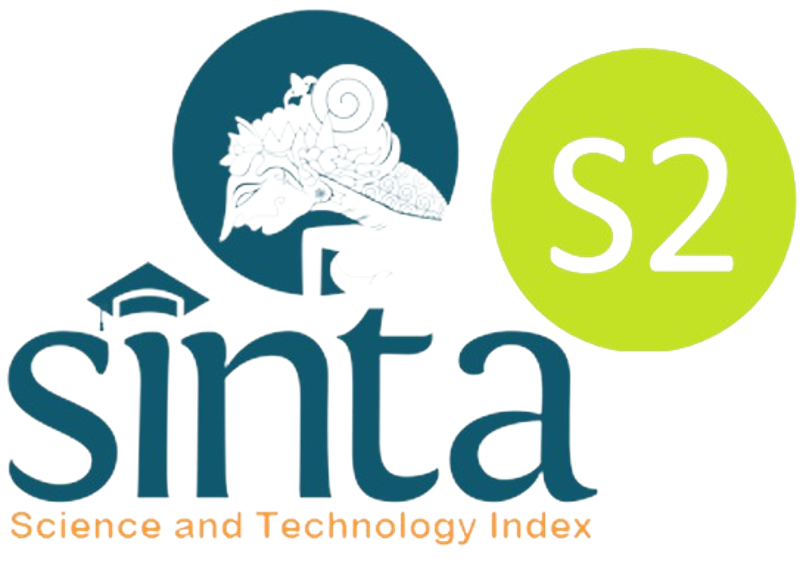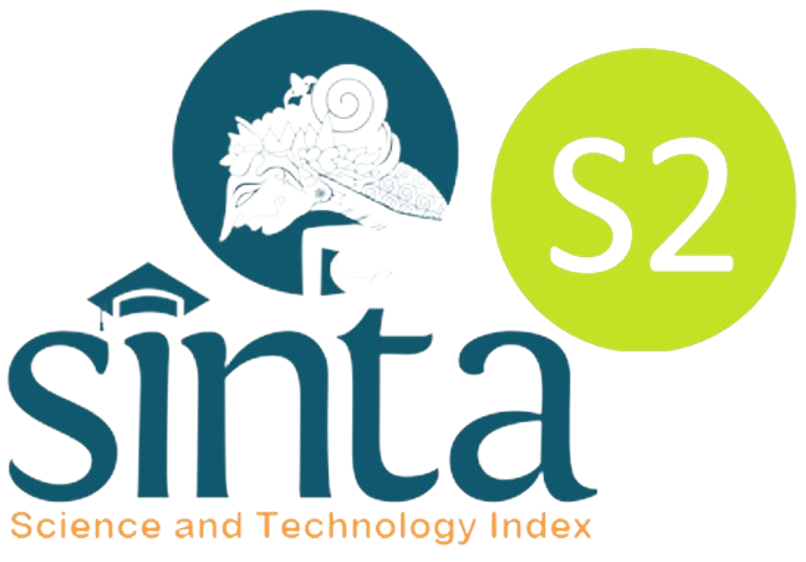Feasibility of Learning Devices with Guided Inquiry Model to Develop Senior High School Students’ Science Process Skills
DOI:
https://doi.org/10.26740/jpps.v11n2.p193-205Keywords:
Learning devices, Guided inquiry model, Heat, Science process skills, TemperatureAbstract
This research aims to produce learning devices with guided inquiry models that are valid, practical, and effective, making them worth using to practice students' science process skills. This development research uses the ADDIE model. Developed the device in a trial to grade XI students at one of the State High Schools in Banjarmasin. Data collection uses learning device validation sheet instruments, lesson plan implementation, observation sheets, and learning outcome tests. The results showed that the learning tools developed: (1) valid based on the assessments of academics and practitioners, (2) practical based on the implementation of the lesson plan, and (3) effective with medium categories based on N-gain results of learning outcomes. Concluded that learning devices with guided inquiry models deserve to be used to practice students' science process skills. This learning device can be one of the alternatives, especially in temperature and heat materials at the High School level.
Downloads
References
Arifuddin, M., Aslamiah, M., Misbah, M., & Dewantara, D. (2020). The implementation of guided inquiry model on the subject matter harmonious vibration. Journal of Physics: Conference Series, 1422(1), 012001. https://doi.org/10.1088/1742-6596/1422/1/012001
Arikunto, S. (2013). Prosedur penelitian suatu pendekatan praktik. Yogyakarta: Rineka Cipta.
Ekici, M., & Erdem, M. (2020). Developing science process skills through mobile scientific inquiry. Thinking Skills and Creativity, 36, 100658. http://dx.doi.org/10.1016/j.tsc.2020.100658
Prastowo, A. (2016). Pengembangan bahan ajar tematik tinjauan teoritis dan praktis. Surabaya: Kencana.
Sabahiyah, S., & Marhaeni, A.A.I.N. (2013). Pengaruh model pembelajaran inkuiri terbimbing terhadap keterampilan proses sains dan penguasaan konsep IPA siswa kelas V gugus 03 wanasaba lombok timur. Jurnal Pendidikan Dasar Ganesha, 3(1).
Serevina, V., & Luthfi, K. (2021). Development of discovery learning based on online learning tools on momentum and impulse. Journal of Physics: Conference Series, 1876(1), 12076.
Widoyoko, E.P. (2016). Evaluasi program pembelajaran. In Evaluasi Program Pembelajaran. Yogyakarta: Pustaka Pelajar.
Downloads
Published
How to Cite
Issue
Section
License
Copyright (c) 2022 JPPS (Jurnal Penelitian Pendidikan Sains)

This work is licensed under a Creative Commons Attribution-ShareAlike 4.0 International License.
 Abstract views: 290
,
Abstract views: 290
, PDF Downloads: 353
PDF Downloads: 353












